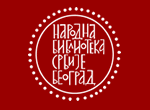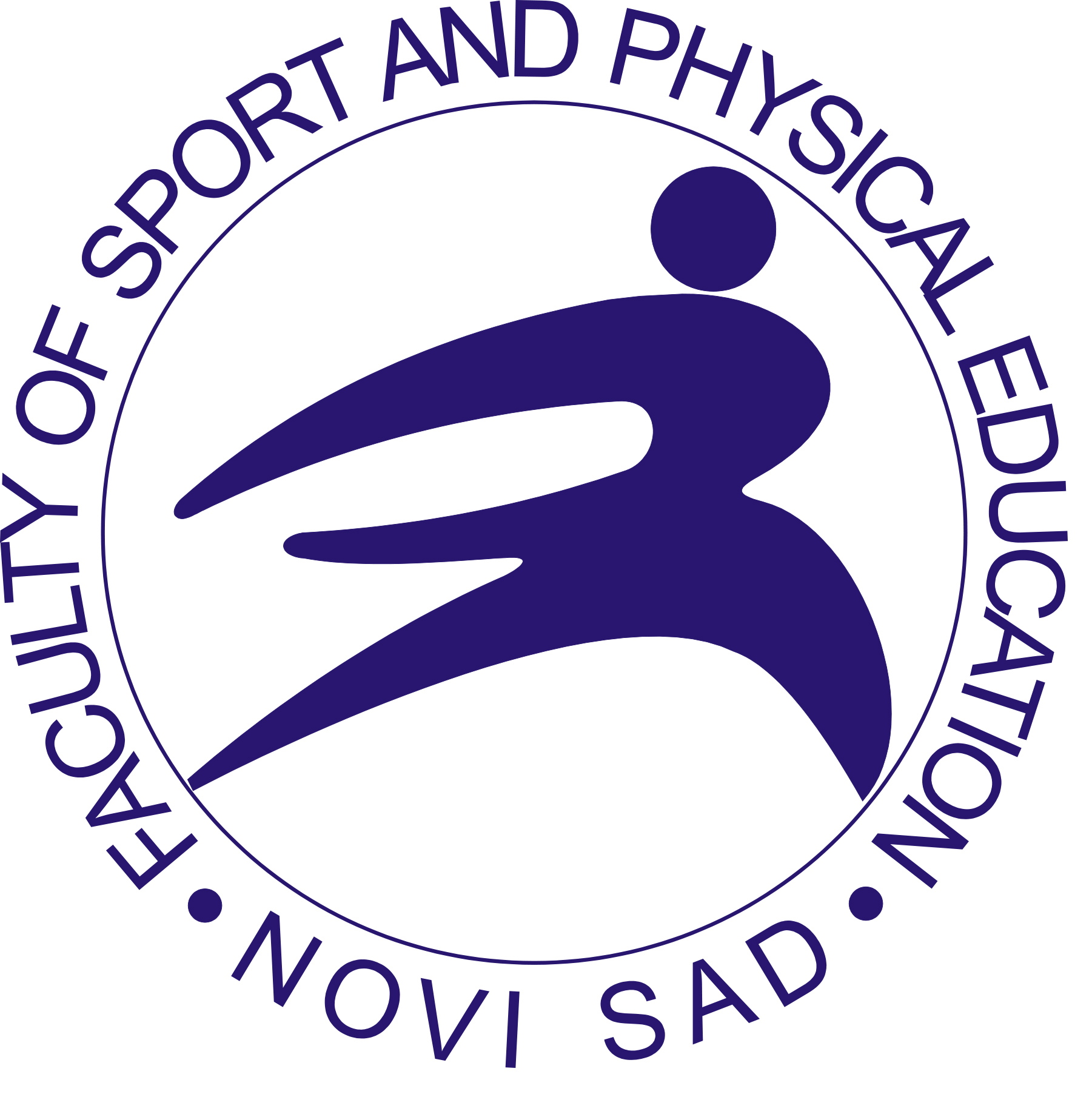
Additional files
More articles from Volume 8, Issue 1, 2016
THE EFFECT OF PHYSICAL EXERCISE ON QUALITY OF LIFE DURING PREGNANCY
The influence of dancing and game contents on preschoolers’ motor engagement
The metric characteristics of specific speed and agility tests in youth soccer players
Skill-based conditioning training in young female volleyball players: impact on power and change of direction speed
Citations

0
The metric characteristics of specific speed and agility tests in youth soccer players
Faculty of Kinesiology, University of Split , Split , Croatia
Faculty of Kinesiology, University of Split , Split , Croatia
Faculty of Kinesiology, University of Split , Split , Croatia
Faculty of Kinesiology, University of Split , Split , Croatia
Abstract
The subject of this study are metric characteristics of specific football tests. 27 football players
chronorogical age of 13-15 years, apropos categories of elder pioneers from HNK Cibalia
Vinkovci, Croatia. The participants had to go through specific tests with the ball: 20 m sprint,
zig-zag, slalom, and 9-3-6-3-9 test. We can conclude that all four variables are highly reliable.
The homogeneity of the measuring instrument is good (20 ml) and excellent( zig-zag L, slalom
L, 93639 L), and results of skewness and kurtosis further show good sensibility of the measuring
instrument, with the exception 20 m L2 variable, which is positive asymmetrically distributed
and elongated. The correlation of particles with first main component, which is second condition
for homogeneity of the measuring instrument, points on high homogeneity of all tests. Regular
distribution of all test implies on satisfactory reception of all four tests for assessing the speed
and agility. The factor analysis has given one significant component and the amount of explanied
variance and size of characteristic valuables are high, so we could confirm also factorial validitiy
of tests. The results of the variance analysis (ANOVA) conclude that the tests are pragmatically
valid, and they distinguish players from different playing lines.
Keywords
Citation
Copyright

This work is licensed under a Creative Commons Attribution-NonCommercial-ShareAlike 4.0 International License.
Article metrics
The statements, opinions and data contained in the journal are solely those of the individual authors and contributors and not of the publisher and the editor(s). We stay neutral with regard to jurisdictional claims in published maps and institutional affiliations.
























